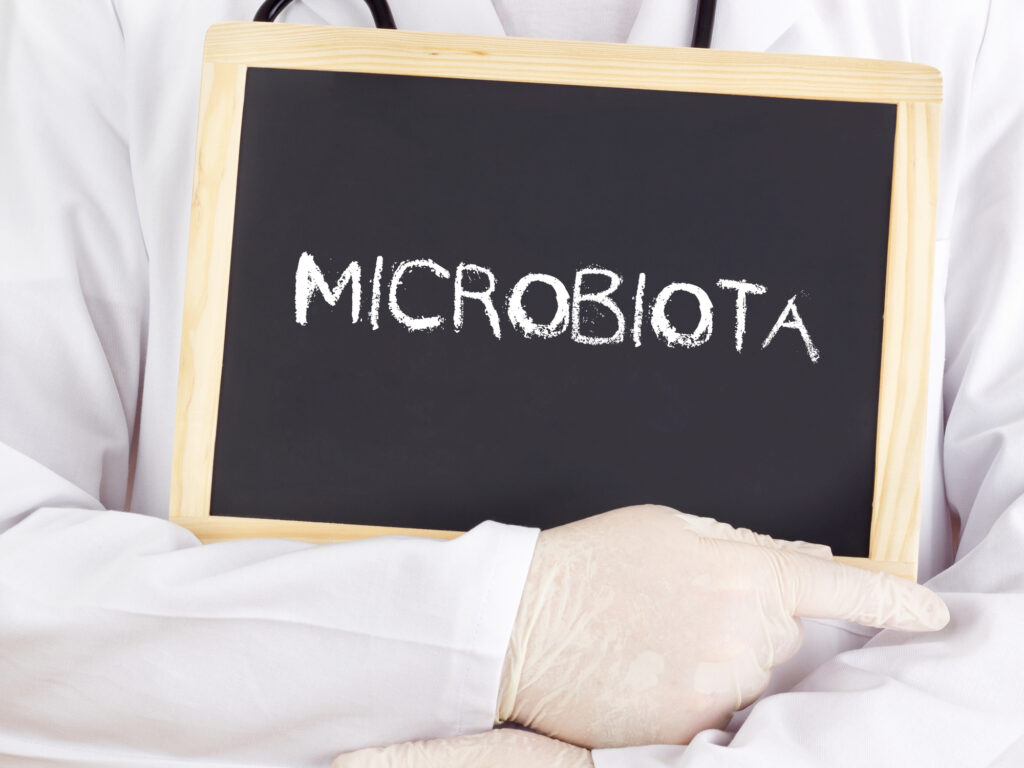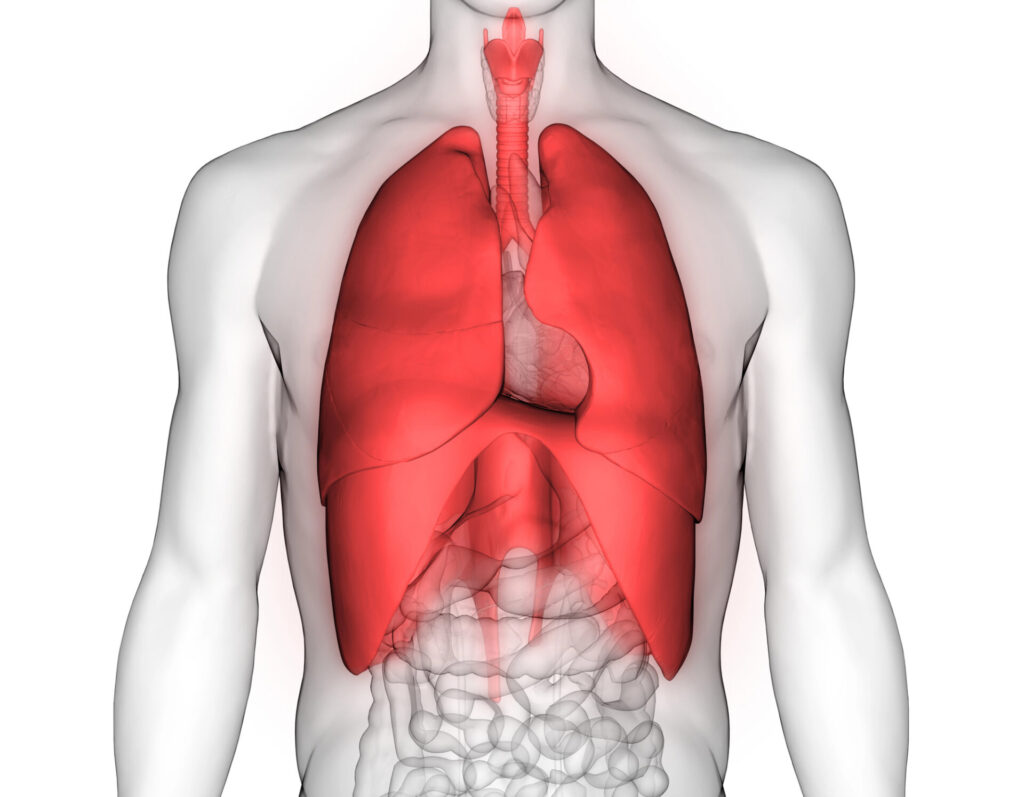The holiday season may be the most joyous time of the year, but all the feasting, partying, and stress
that can accompany it are not so merry for your stomach. The trillions of beneficial bacteria and other
microbes in your digestive tract (collectively known as your gastrointestinal microbiota) are sensitive to
dietary and lifestyle changes, and the holidays can take a toll on them. Your microbiota and microbiome
(the collective genomes of your microbiota) could probably use a little (or a lot) of TLC in the new year.
Steps to Restoring Gut Health Following the Holidays
There is a reason why many individuals ring in the New Year with a cold, the flu, or stomach issues. Even
brief periods of stress, lack of sleep or exercise, and excessive sugar and alcohol consumption can
negatively impact health. All of these can alter your microbiota, resulting in a less diverse microbial
community. With less diversity, there may be fewer types of beneficial gut bacteria. This may permit the
growth of potentially harmful bacteria, viruses, and yeasts. Researchers believe that a greater variety of
microbes is indicative of a healthy gut. 1
In addition to keeping undesirable microbes in check, the beneficial bacteria in your gut are essential for
vitamin production, digestion, maintaining a healthy large intestine lining, and immune system
support.1,2 Consequently, an imbalance in the gut has far-reaching effects throughout the body.
The good news is that by making these dietary and lifestyle modifications, you can restore your
microbiota and microbiome and improve your health in the new year.
Make sleep quality a priority.
Each night, you should aim for eight hours of restful sleep. Disruptions in your circadian rhythm (natural
sleep-wake cycle) can lead to an imbalance in your microbiota, exacerbate GI symptoms, and strain your
immune system. A few late nights or cross-country travel can also easily affect your health.
To improve the quality of your sleep, try to go to bed and wake up at the same time every day. In
addition, turn off your phone, computer, reading tablet, and television at least 30 minutes before
bedtime to calm your mind and reduce your exposure to blue light. This can help you fall asleep more
quickly and stay asleep longer.
More focus on relaxation and self-care
Chronic stress exacerbates systemic inflammation and impairs digestion and gut health. It is also one of
the leading causes of poor sleep quality. Long periods of stress are linked to a less diverse microbiota. 3
So there’s no better time than the start of a new year to prioritize self-care and your mental health.
Finding a practice that supports relaxation and calm throughout the day that works for you is crucial. Try
various mindfulness practices, such as yoga, tai chi, and meditation. And aim for at least 30 minutes of
daily movement, preferably in nature. Continue experimenting with various forms of self-care until you
find what works best for you, and do not be afraid to ask your healthcare provider for assistance if you
need it.
Eliminate problem foods
Food intolerances and sensitivities can wreak havoc on your microbiome, leading to digestive issues. 1
And they are more prevalent than you might believe. Food allergies can also cause non-GI symptoms
such as headaches, mood disorders, and skin rashes.
Problem foods may not be apparent until you actively seek them out. A food and symptom journal
should be kept for a few weeks. Notate how you feel after consuming specific foods, particularly those
containing gluten or dairy. Then, eliminate these foods for a week and observe any improvement in
symptoms.
Food allergy, food sensitivity, gut dysbiosis, and SIBO testing can also be performed with the help of an
experienced healthcare professional. In addition, they can assist you with an elimination diet and
recommend healthy alternatives.
Consume a microbiome-friendly diet
Your diet affects your microbiota and microbiome more than almost anything else. Therefore, a worthy
resolution for the new year is to prioritize feeding your microbiota properly. Changes to your diet can
increase the diversity of your microbiome rapidly, but it's important to stick with them. 1
Your beneficial microorganisms will thrive on a diet rich in fruits, vegetables, unprocessed whole grains,
legumes, nuts, and seeds. 1,2,3 The fiber in these plant foods nourishes the good bacteria in your digestive
tract. Add healthy fats from cold-water fish, olive oil, nuts, seeds, and avocados to your diet to help
reduce inflammation throughout your digestive tract and body. And include fermented and cultured
foods such as yogurt, kefir, and sauerkraut. The live bacteria and yeasts in these foods can contribute to
the collection of beneficial microorganisms in your gut.
You should be aware that some foods promote inflammation and disrupt your microbiota. 3 Try to limit
these foods as much as possible:
• Caffeinated beverages such as coffee, tea, and colas.
• Alcohol.
• Foods and beverages containing added sugar, such as soft drinks, cereals, desserts, and ice cream.
• Foods and beverages made with artificial sweeteners
• Snacks and packaged meals with a high level of processing. These typically contain an abundance of
unhealthy fats, refined carbohydrates, and added sugar.
Take a good probiotic daily
Probiotics contain some of the same live microorganisms that are present in a healthy gut microbiota.
They provide health benefits when consumed in sufficient quantities. 3 Taking a probiotic daily can add to
your beneficial microbes and help rebuild your microbiome. This may be particularly beneficial if your
gut health needs a boost after all the holiday festivities.
Some probiotic formulations include a prebiotic ingredient, such as inulin or Sunfiber®. Prebiotics consist
of dietary fiber and other compounds that nourish probiotics. Ask your healthcare provider if a
probiotic-prebiotic formula (known as a synbiotic) is a good choice for you.
There’s no better time than the start of a new year to clean the slate and start making long-term healthy
diet and lifestyle changes to support your gut. Work on these changes little by little; before long, your
gut will thank you with a healthier, more diverse microbiota and microbiome.
References:
1. Valdes AM, Walter J, Segal E, Spector TD. BMJ. 2018 Jun 13;361:k2179.
https://www.bmj.com/content/361/bmj.k2179
2. Conlon MA, Bird AR. Nutrients. 2014 Dec 24;7(1):17-44.
https://www.ncbi.nlm.nih.gov/pmc/articles/PMC4303825/
3. Redondo-Useros N, Nova E, González-Zancada N, Díaz LE, Gómez-Martínez S, Marcos A.
Nutrients. 2020;12(6):1776. https://www.ncbi.nlm.nih.gov/pmc/articles/PMC7353459/





